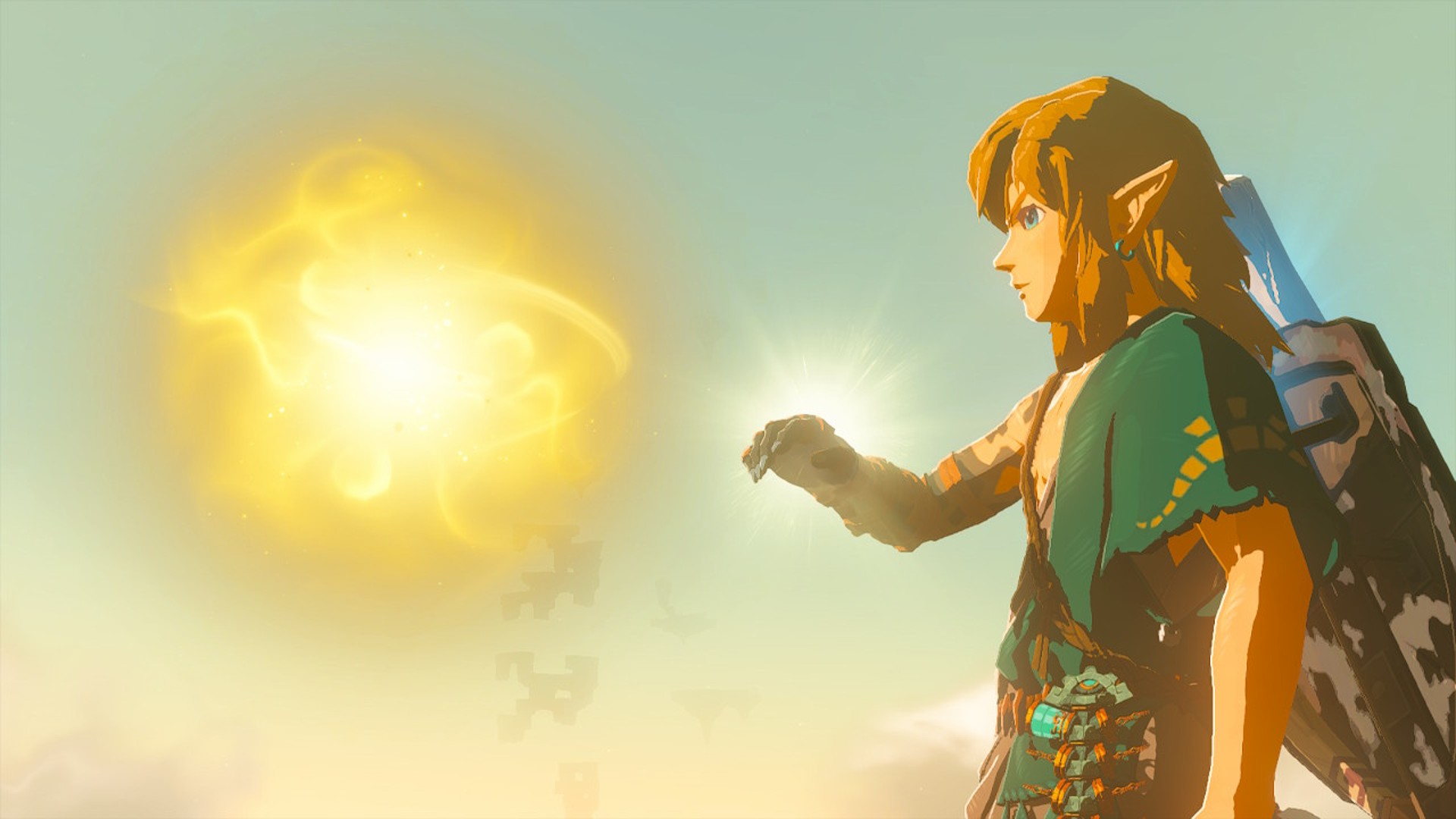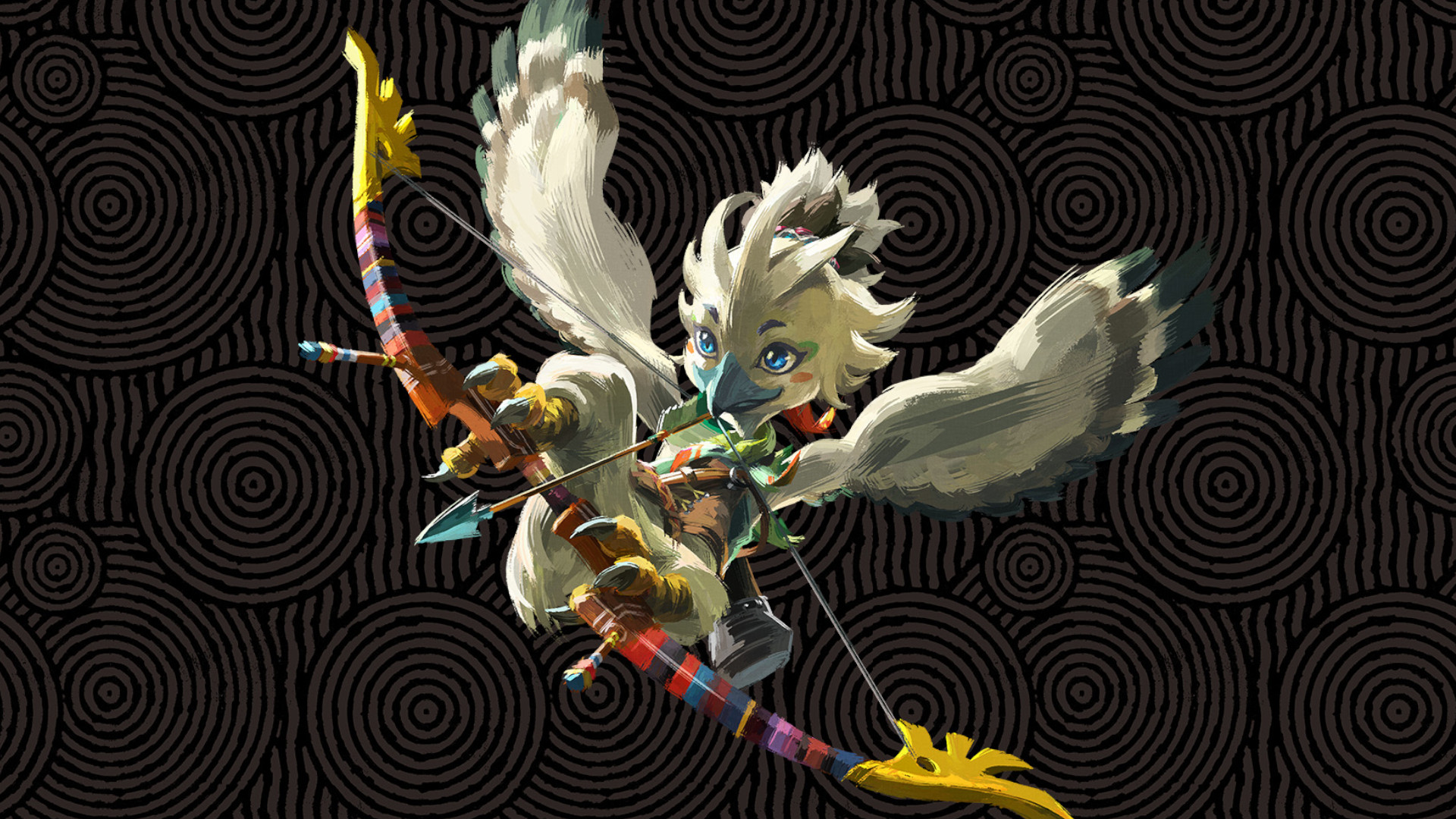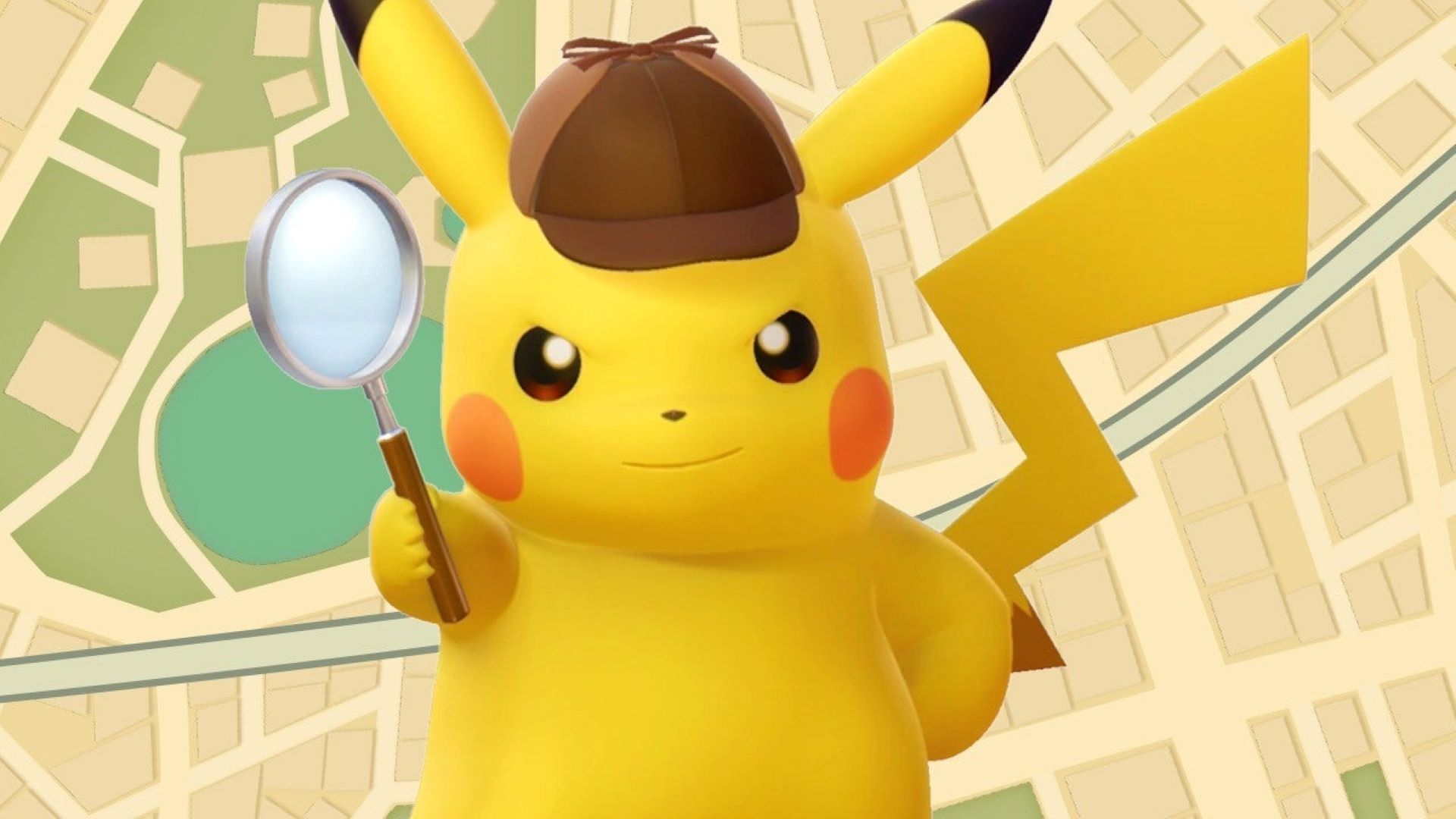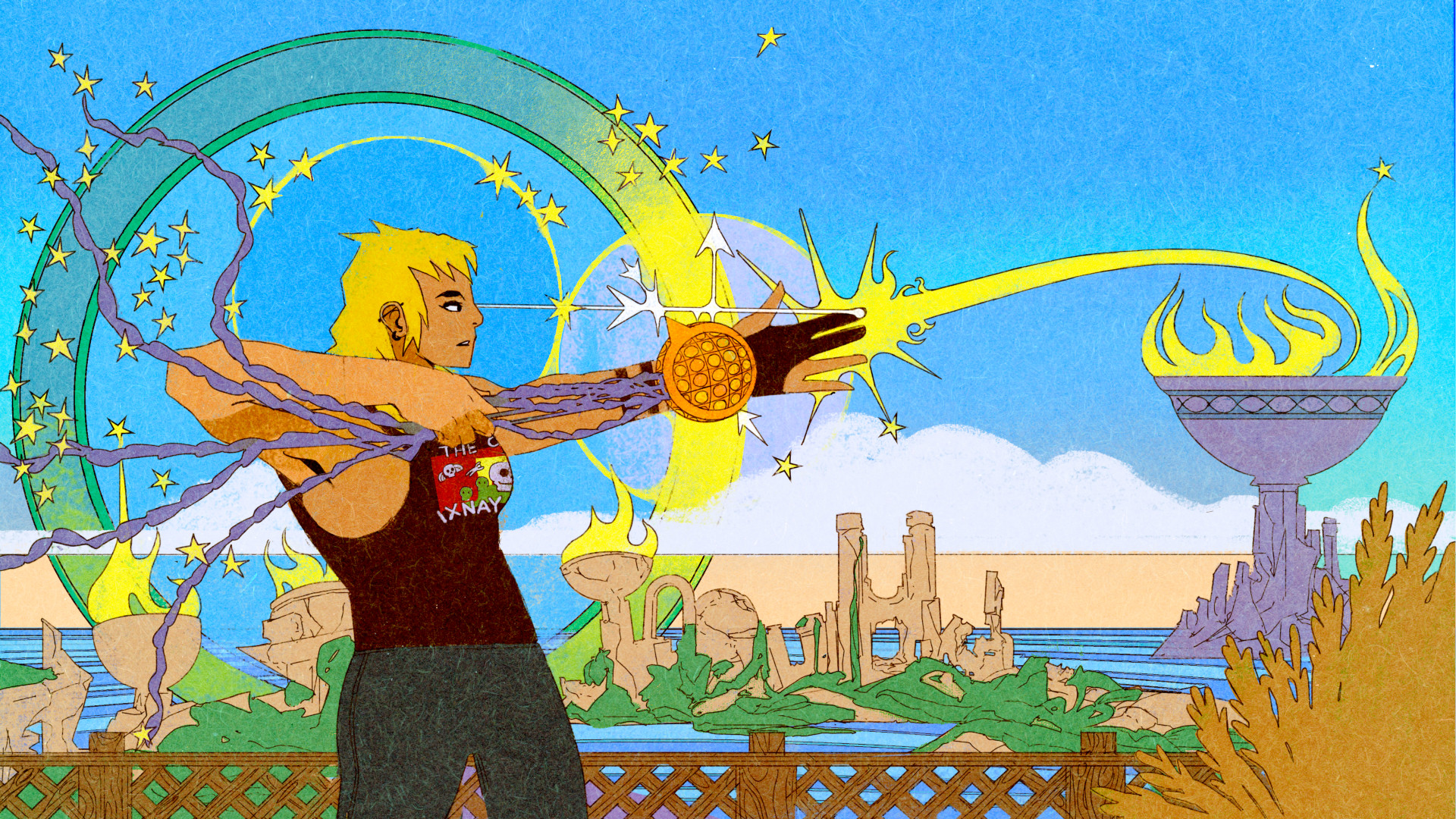Nintendo takes Switch emulator Yuzu to court in major lawsuit, alleging it fueled 1 million illegal downloads of Zelda: Tears of the Kingdom before release
Yuzu creator Tropic Haze is the latest target of Nintendo's legal team

Prolific Nintendo Switch emulator Yuzu is the latest to receive a lawsuit from Nintendo, and it's a big one. The house of Mario alleges that the program fueled a rush that saw The Legend of Zelda: Tears of the Kingdom illegally downloaded over 1 million times before the game was properly released, and that's just one item on Nintendo's laundry list of alleged damages, which collectively take aim at a major emulator in a way that's rarely seen, even from such a famously litigious company, drawing many comparisons to Sony's lawsuit against Bleem.
In a complaint filed in Rhode Island on February 26 (available online, and partially shared by reporter Stephen Totilo), Nintendo alleges that Yuzu operator Tropic Haze has dealt it "irreparable" harm by providing "any Internet user in the world with the means to unlawfully decrypt and play virtually any Nintendo Switch game – including Nintendo’s current generation and most popular games – without ever paying a dime for a Nintendo console or for that game."
Tears of the Kingdom is just one high-profile example. Nintendo says the game leaked over a week ahead of its official release, and claims it saw more than 1 million illegal downloads during that small window – during which time, Patreon support for Yuzu reportedly "doubled." You wouldn't actually download the game through Yuzu, which is why this evidence comes across circumstantial at best, but Nintendo's singled it out as the element enabling illegal copies to be played. Nintendo argues that "thousands of additional paid members of Yuzu’s Patreon signed up so that they could download the early access build and play unlawful copies" of Tears of the Kingdom.

It blames Yuzu developers for enabling this alleged piracy, and likewise calls out the emulator's official Discord for having "implemented a ban on discussing Zelda: TotK emulation in Yuzu’s Discord server because so many Yuzu users were trying to seek support emulating it."
Yuzu project lead Bunnei is named several times in the complaint, which feels especially relevant since Bunnei has publicly dismissed legal issues around emulation in the past. Speaking with PC Gamer on the heels of Tears of the Kingdom's leak and release, in a quote that Nintendo actually skewers in its complaint as evidence that Yuzu devs were aware of things like the Tears of the Kingdom pirate gold rush, Bunnei said:
"We only begin working on emulating new titles once we can legally acquire and dump them ourselves. Since Nintendo Switch releases are region-based, we become legally able to work on them as soon as the title becomes available somewhere in the world. Most issues with TotK in Yuzu (thus far) have been fixed with minor changes that were quick to debug and easy to resolve. I think the fact that the community was able to solve many of these challenges with mods well ahead of us is evidence to that."
I suspect Bunnei, other Yuzu devs, and indeed all emulation fans will take issue with Nintendo's unfavorable definition of emulators, then, which is right at the top of the document: "A piece of software that allows users to unlawfully play pirated video games that were published only for a specific console on a general-purpose computing device."
Sign up to the GamesRadar+ Newsletter
Weekly digests, tales from the communities you love, and more
Amusingly, Nintendo also argues that "law-abiding Nintendo customers" were "forced to avoid social media to prevent seeing spoilers and preserve their surprise and delight for the actual game release" as a result of the Tears of the Kingdom leak.

The 41-page complaint lays out, in painstaking detail, how Switch games are encrypted and how Yuzu allegedly gets around this architecture. In one passage, Nintendo lambasts Yuzu's quickstart guide, which reads: "To start playing commercial games, Yuzu needs a couple of system files from a HACKABLE Nintendo Switch console in order to play them properly" (emphasis Yuzu's). As you can probably imagine, Nintendo doesn't like this line very much.
Altogether, Nintendo's lawyers seem to mostly latch onto the decryption methods orbiting Yuzu rather than the emulator itself. It openly states that "Nintendo is not aware of any source of decrypted Nintendo Switch game ROMs," and Yuzu's become the prime target in its hunt to shut down ROM circumvention. Nintendo calls the whole thing "unlawful" about a million times, and bundles in the "other unlawful devices and software" Yuzu recommends for emulation, specifically TegraRcmGUI, bootloader Hekate, Lockpick_RCM, NXDumpTool, and others – again, all spelled out in the Yuzu quickstart guide. Nintendo's also putting the makers of Yuzu on blast for continuing unabated despite "knowledge of the infringements."
Through this civil action – a notable distinction for the goal and scope of the case – Nintendo is seeking "equitable relief and damages" on the grounds of copyright and DMCA violations, as well as circumvention of technological measures (or TPMs) and unauthorized reproduction of works. Again, Bunnei is named here: "Defendant’s agents, such as Bunnei, admit to dumping Nintendo games they have lawfully purchased and copying the game ROMs into Yuzu," Nintendo claims.
Importantly, Nintendo is also pushing for a permanent injunction that would see Yuzu et al cease everything Nintendo's criticized – which is to say, basically operating at all – and even transfer the Yuzu-emu domain name to Nintendo's control. Similar charges have fallen flat in the past, and many reputable emulation defenders have generally regarded Nintendo's argument here as fairly weak, but the case remains up in the air.
On similar grounds regarding cryptographic keys, Nintendo had emulator Dolphin struck from Steam last year. However, as Dolphin said in a blog post at the time, "Nintendo has not taken any legal action against Dolphin Emulator or Valve," but rather pushed to prevent Dolphin from releasing on Steam, again citing DMCA justifications.
"We do not believe that Dolphin is in any legal danger," said Dolphin's operators, who continue to work on the emulator and just recently shared an update that coincidentally mentions several Zelda titles. "We can look to the end of the message Valve forwarded to us to show this. After all of the scary language, Nintendo made no demands and made only a single request to Valve."
Nintendo is taking legal action against a Pokemon clone, but it ain't Palworld.

Austin has been a game journalist for 12 years, having freelanced for the likes of PC Gamer, Eurogamer, IGN, Sports Illustrated, and more while finishing his journalism degree. He's been with GamesRadar+ since 2019. They've yet to realize his position is a cover for his career-spanning Destiny column, and he's kept the ruse going with a lot of news and the occasional feature, all while playing as many roguelikes as possible.


